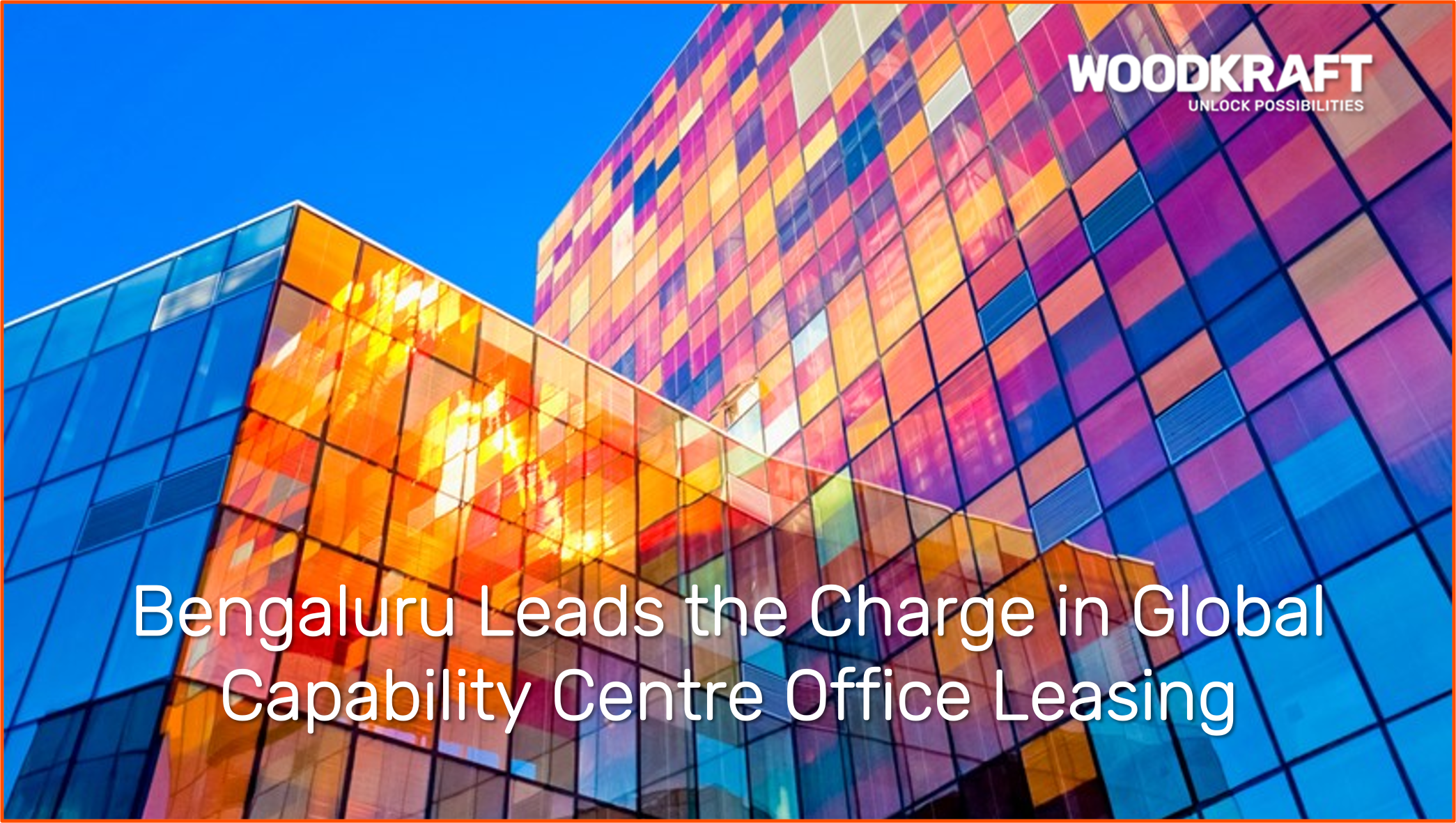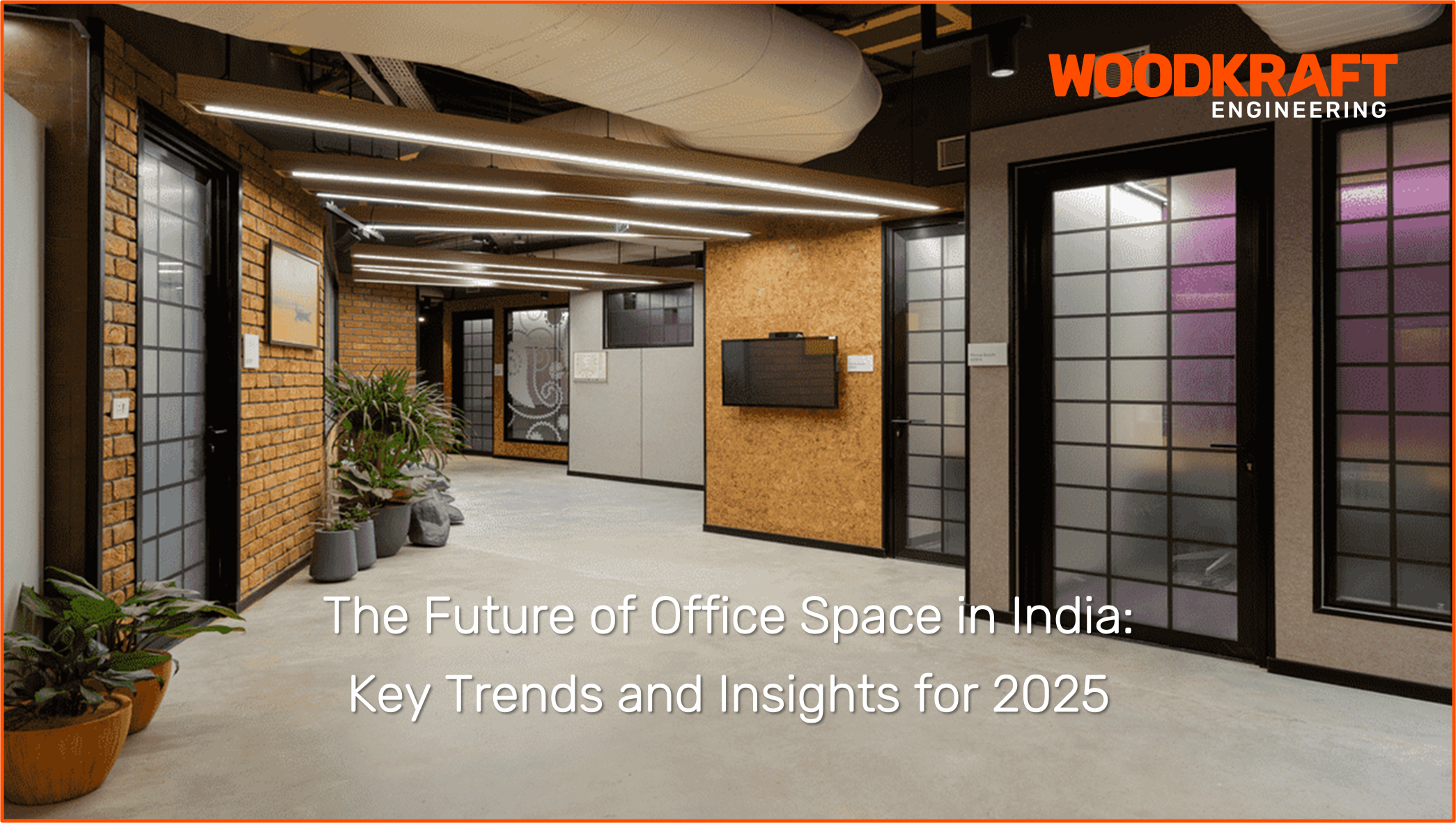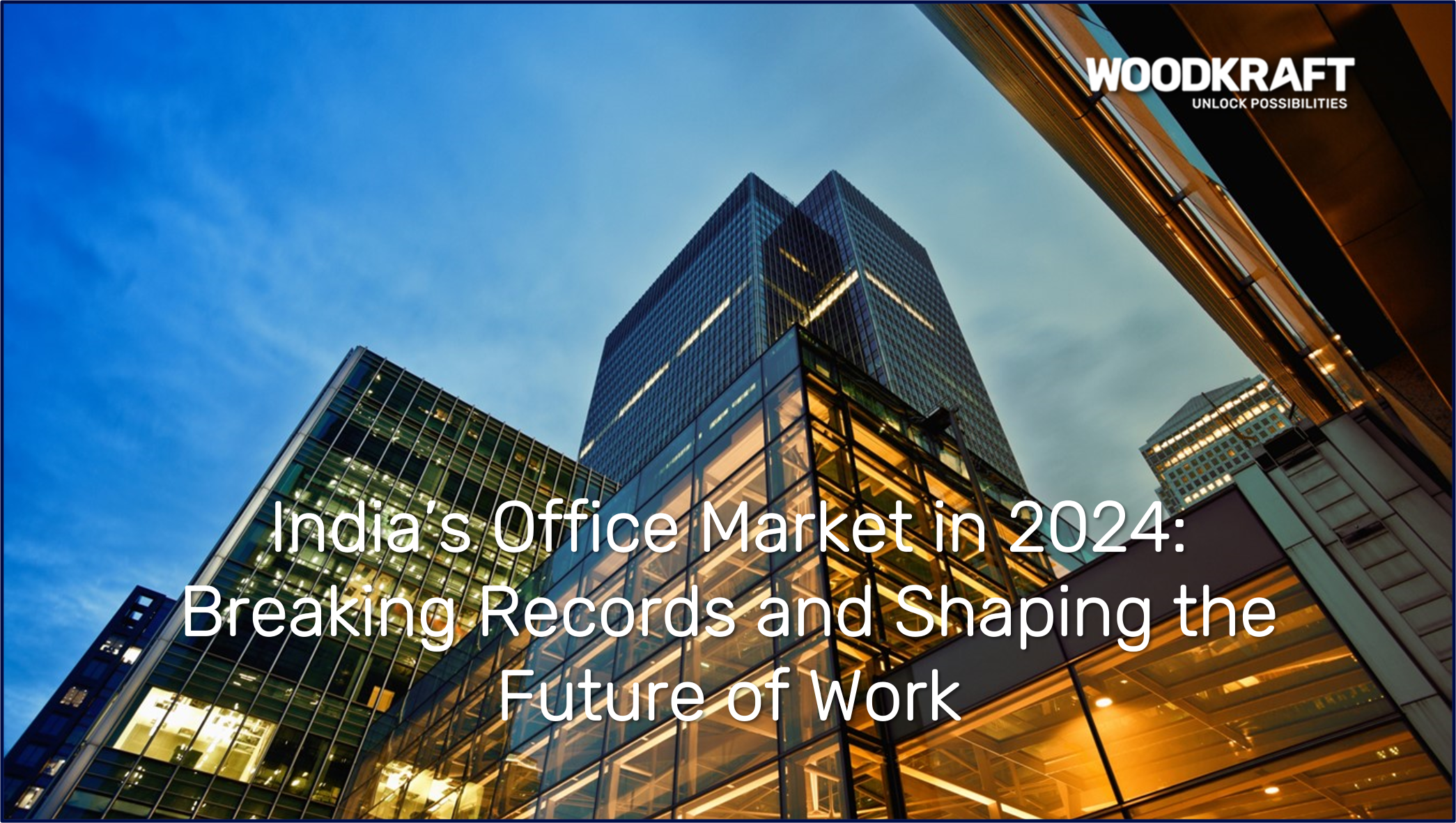BLOGS
Bengaluru Leads the Charge in Global Capability Centre Office Leasing
August, 2024
CBRE and Zyoin have revealed a notable expansion of Global Capability Centres (GCCs) in India, driven by a highly skilled workforce, cost advantages, and a favourable business environment. This growth is particularly concentrated in India's top six metropolitan areas: Bengaluru, Hyderabad, Chennai, Pune, Delhi-NCR, and Mumbai.
GCC Expansion and Leasing Activity
Since 2022, GCCs have leased nearly 53 million square feet of office space across these cities. Bengaluru, the frontrunner, accounts for 40% of this total, followed by Hyderabad (21%) and Chennai (14%). Pune, Delhi-NCR, and Mumbai complete the list.
In the first half of 2024, GCC leasing activity in these six cities increased by 8% year-over-year, with GCCs contributing to 37% of the total office leasing in India. The Banking, Financial Services, and Insurance (BFSI) sector's share in GCC leasing rose to 22%, with major leases from global firms in Mumbai, Bengaluru, and Pune.
Sectoral and Functional Insights
Traditionally, technology and BFSI companies have been the primary occupiers of GCC office space. Over the last two-and-a-half years, technology companies alone have leased about 15 million square feet. However, other sectors such as retail, aerospace, semiconductor, and life sciences are establishing niche GCCs, recognizing the strength of India's talent pool.
CBRE and Zyoin's analysis indicates that engineering and information technology are the top functions within GCCs, driven by ongoing digitalization efforts across sectors. In technology and Engineering & Manufacturing (E&M) sectors, operations functions also hold significant prominence. BFSI GCCs are dominated by roles in engineering and information technology, business development & sales, and finance.
Skill Demand and Workforce Composition
The demand for specific skill sets is evolving with the growth of GCCs. In the technology sector, skills such as Java, SQL, software development/coding, engineering, C, C++, and Python are highly sought after. BFSI sector requires expertise in banking, investing, insurance, mortgages, securities, financial modelling, financial analysis, and risk assessment. For the E&M sector, knowledge of manufacturing, software development, and mechanical engineering is preferred.
India's vast talent pool, currently employing approximately 1.66 million professionals in GCCs, remains a significant attraction. The average salary of software professionals in India is about one-tenth of that in the US, making it a cost-competitive destination for setting up GCCs.
City-wise Highlights
Bengaluru: Known as the GCC epicentre, Bengaluru commands 40% of India's GCC leasing market from 2022 to June 2024. The city boasts a two-million-strong technology workforce, the largest in India, and is fortified by a dominant talent pool, a mature technology ecosystem, and a thriving start-up landscape. The upcoming GCC policy in Karnataka is expected to further catalyse GCC setups and job creation in the city.
Hyderabad: With proactive government policies and efficient urban infrastructure, Hyderabad has become a priority for GCCs, accounting for 21% of the leasing market. The city's enhanced lifestyle and lower costs further incentivize company setups.
Chennai: Supported by a strong manufacturing base and a thriving technology sector, Chennai has emerged as a major GCC hub. The city’s strength in STEM education attracts new GCC entrants. Tamil Nadu's R&D Policy 2022 offers attractive incentives to GCCs and R&D centres. Chennai leased 6 million square feet of GCC office space between 2023 and H1 2024, constituting 17% of total GCC leasing during this period.
Pune: Historically a BFSI GCC stronghold, Pune is seeing renewed interest from engineering & manufacturing and technology firms. Competitive real estate costs, a cosmopolitan talent pool, and proximity to automotive and engineering hubs make Pune attractive to GCC occupiers. Pune had the second-highest share in GCC leasing during H1 2024.
Delhi-NCR and Mumbai: Delhi-NCR and Mumbai also remain significant players, with notable leasing activity from global banking and insurance firms.
Future Outlook
As the GCC ecosystem in India matures, Indian tech talent is moving beyond traditional service roles, increasingly taking on product ownership and global leadership roles within GCCs. This shift nurtures homegrown talent equipped with the vision, skills, and experience to lead global teams and initiatives.
The evolution of GCCs from operational back offices to technology and innovation hubs necessitates a profound transformation in workforce skills. Demand for digital and machine learning proficiencies, including AI, data analytics, cybersecurity, blockchain, augmented reality app design, engineering, and UI/UX design, is evident.
India's position as a global solution provider is further solidified by its abundant tech and non-tech talent pool. The future promises diversification as life sciences, automotive, and aerospace sectors expand their GCC presence in the country. With a strategic roadmap for 2024 GCC development, India is poised to lead the next wave of globalisation.
Stay inspired, stay informed, and stay connected with Woodkraft.
Follow Woodkraft on LinkedIn for the latest updates and inspiring workspace solutions.






